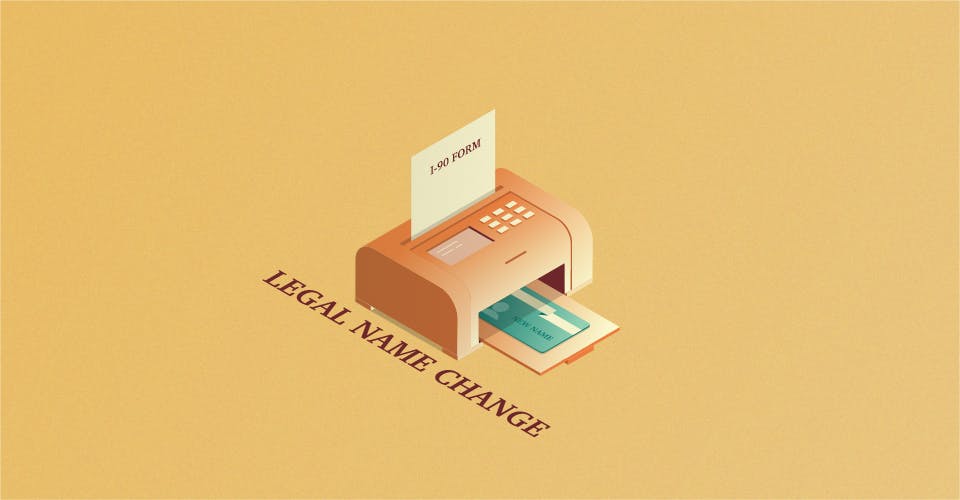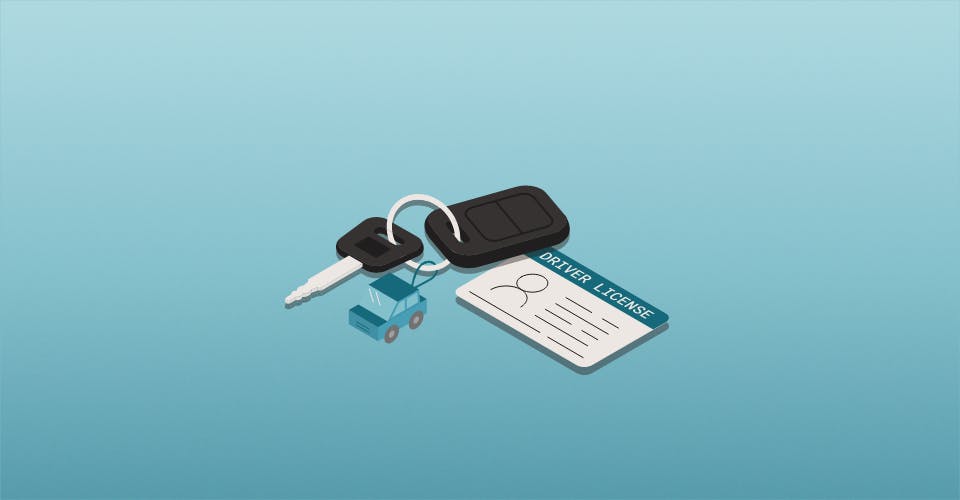Filing an I-90 is a relatively straightforward process for legal permanent residents of the United States. The I-90 is filed for those who need a new green card because theirs is set to expire, or because the applicant in question has lost their green card or has had it stolen. In addition, I-90s can also be filed by those who have changed their legal name.
No matter the case, the processing time for an I-90 application is typically 8-10 months, which means, most likely, the LPR in question will have to postpone international travel until they receive their new green card. As a side note, I-90 applicants do not “lose” their permanent resident legal status while their I-90 application is pending, but they do risk problems with CBP if they leave the U.S. with an expired green card.
Travelling Internationally
If you are planning on travelling internationally for tourism or leisure purposes, you might consider postponing your trip until you get your renewed green card. But for those who have family members or loved ones that need visitation, or are experiencing medical problems and a trip is absolutely necessary, there are some options.
First off, green card holders can bring a print-out copy of their I-90 Receipt of Confirmation from the USCIS as some evidence. While this may seem like weak evidence, the fact that the USCIS has processed your application and confirmed your I-90 means that you are already an LPR, otherwise, they would submit an RFE if there were any suspicions. Be sure to have the I-90 receipt and expired green card at the ready.
In addition, the USCIS recommends getting a temporary I-551 stamp in their passport. The I-551 stamp requires an appointment at a USCIS field office.
How to Schedule an Infopass session?
In order to get the I-551 stamp in your passport, which will signal to authorities that you a legal resident of the United States, you need to make an Infopass appointment with the USCIS. Under the new system, applicants must first call the USCIS Contact Center at 1-800-375-5283 to ask about their cases and potentially be scheduled for an in-person meeting at a USCIS field office. InfoPass appointments are usually available two weeks after the scheduling date.
When you reach an officer and have your appointment scheduled, you will receive a confirmation number and Pin via text/email. You’ll need to use this combination in order to see your appointment online, which is available at the following link: https://my.uscis.gov/en/appointment/v2/manage
If applicants need to change the time of their appointment or cancel it altogether, they can do so online once they’ve provided their appointment security details. Applicants should also see at the bottom of the page a place where they can print their appointment letter (which they should have a hard copy of when they go to the appointment).
Required Documents
In addition to the appointment confirmation, applicants should also bring the following documents to a USCIS field office:
- A valid passport
- Your form I-90 Receipt notice
- Proof of residence within the jurisdiction of the field office you arrive at for the appointment (rent payment receipt, etc.)
- Copy of expired or lost green card
- Receipt notice showing you attended your Biometrics appointment














